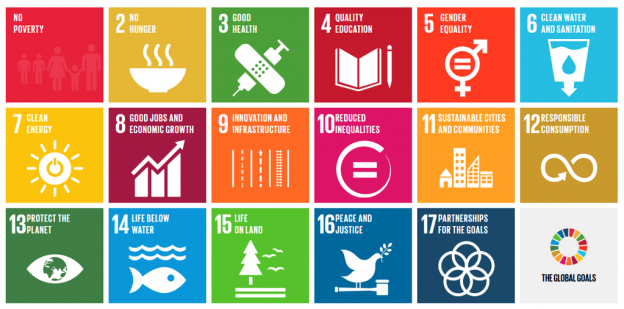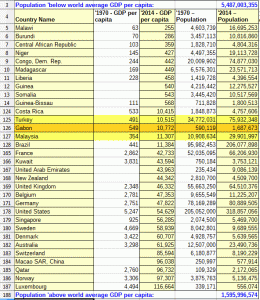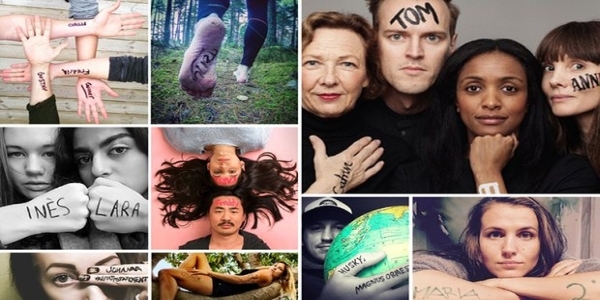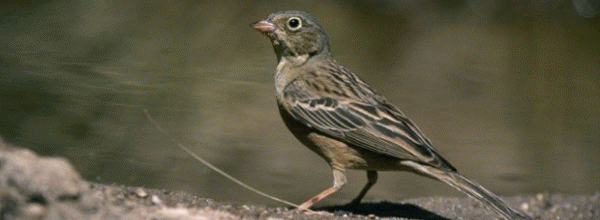I’m not sure how many people know of SDGs, but for many years I’ve held that sustainable and development were opposites. Invariably development meant damaging or destroying a habitat and impacting any species that lived there. The root cause was usually money; which we cannot eat!
So what changed? In September (2015) 193 countries signed up to the United Nations Agenda 2030. This consists of 17 Goals (and numerous associated objectives). It’s an all-or-nothing approach. You cannot pick and choose ~ signing up means everything. You’ll see on the photo that these SDGs cover many of the problems that the Biodiversity Alliance is concerned about. Of utmost importance is Goal 14, as it’s the first time that life in the oceans has been considered. You’ll see too that climate action is included as Goal 13. The carbon intensive economies, especially USA & Australia, wanted this left out (see next paragraphs).
Looking at the long drawn-out process of doing anything about global climate change shows the challenges that we face. The greedy, and most polluting, nations do not want to change their behaviour, because they lose competitive advantage … but care nothing about impacts. These international treaties have two components: the one that everybody signs with such loud fanfares; and another implementing agreement. For climate change after the Rio Summit the Kyoto Protocol was the thing that mattered, yet it went nowhere; in fact George Bush jnr withdrew USA from the Protocol altogether.
In December 2015 the UN Climate Change treaty was signed in Paris; 197 countries agreed that climate change is actually a problem!!! What made Paris remarkable was that the delegates had a set of goals that their countries would offer to achieve. Cook Islands for instance pledged to cut greehouse gas emissions 81% by 2030. Some others were less helpful and said we’ll think about doing something by 2050! In April 2016 the Paris Agreement was ratified by 14 Pacific Island nations; Cook Islands didn’t. For the treaty to come into force it must be ratified by a number of countries, and the threshold should also exceed 55% of polluting emissions. In other words we need the big polluters ~USA & China~ onboard. [Although China recently overtook USA as the biggest overall polluter, we should not forget that China has 1.5 billion people and USA only 320 million. USA emits twice as much CO2 per capita than China does, and is also responsible for the bulk of historical carbon-based pollution].
Since April 2015 every month has set a new global temperature record. Climate change is real, serious and has already happened. Some media will say that the 12-month El Nino we’ve just experienced (12th May 2015 to around 20th May 2016) was the cause, but actually this only contributed about 20% ~ the bulk was the increased background temperatures. The only place left on the planet with atmospheric CO2 concentrations less that 400 ppm (parts per million) is the Arctic Region: northern hemisphere exceeded it in 2014; Antarctica & Mauna Loa in Hawai’i have just crossed the threshold. The Arctic will breach 400 ppm in about two years time; that’s the new normal.
The situation has become so serious that Ban Ki Moon (UN Secretary General) will call a special meeting in September 2016 asking that all Signatories to the Paris Accord attend and ratify it then and there: bringing it into force this year. We have no more time left. We MUST change!
So coming full circle to the SDGs. You’ll remember that these are to be completed by 2030. Imagine that! Poverty, hunger, inequality, climate change, sustainable resource use, universal secondary education etc all eradicated in 14 years! Curiously, the Country Leaders have to make an annual report at the UN explaining their progress or lack of it. The Country Leaders not their minions. I wonder if they’ll do it?








